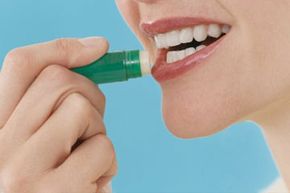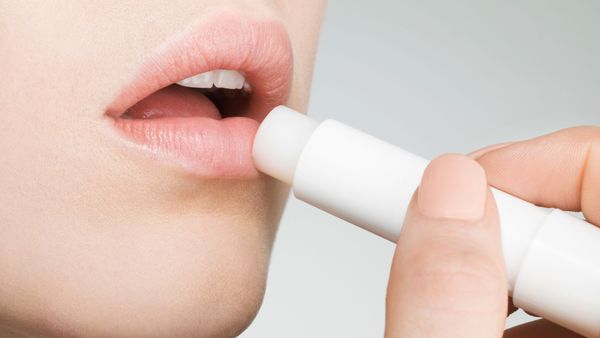Your lips are a small but important part of your body. They help you eat, talk and communicate your feelings through your expressions. But they don't have as much natural protection as other parts of your skin do. It's no wonder, then, that so many products are targeted at keeping your lips moisturized and protecting them from the harsh conditions in your environment -- cold winds, dry weather and damaging sunlight.
With what seems like an endless array of ingredients and promises about what they will do to make your lips soft and beautiful, searching for the right lip care products can lead you on a trial-and-error mission to find one that will actually work. This challenge is made even more complicated by the fact that a lip balm's taste and scent are often as important as its effectiveness.
Advertisement
However, moisturizing lips is an important part of caring for your skin. Lips shouldn't crack when you smile or have a dull, dry appearance. That's where lip moisturizers come in. They add back necessary moisture to replace any natural oils that have been lost, and they should provide a protective layer to seal in the hydration and keep your lips from drying out again.
Keep reading to learn about the various types of moisturizers on the market and how to select the one that's right for you.
Advertisement

